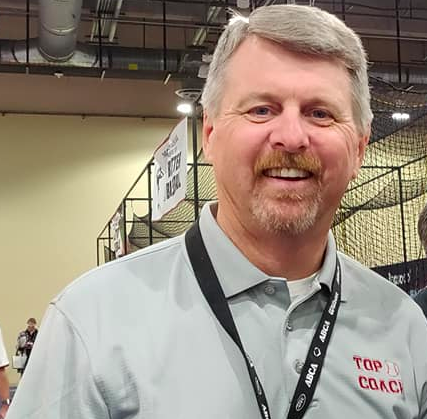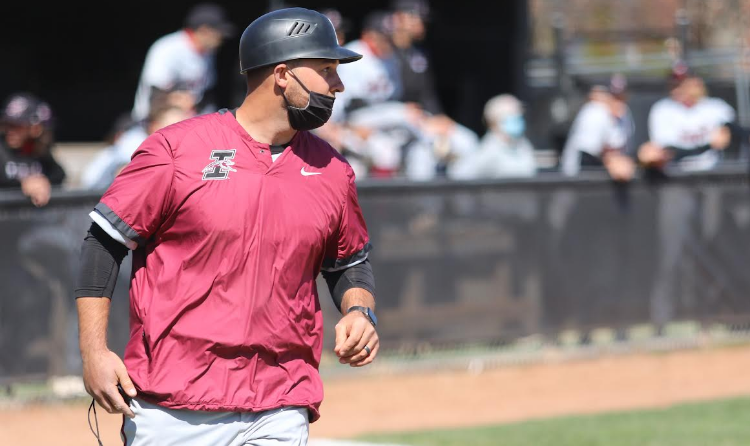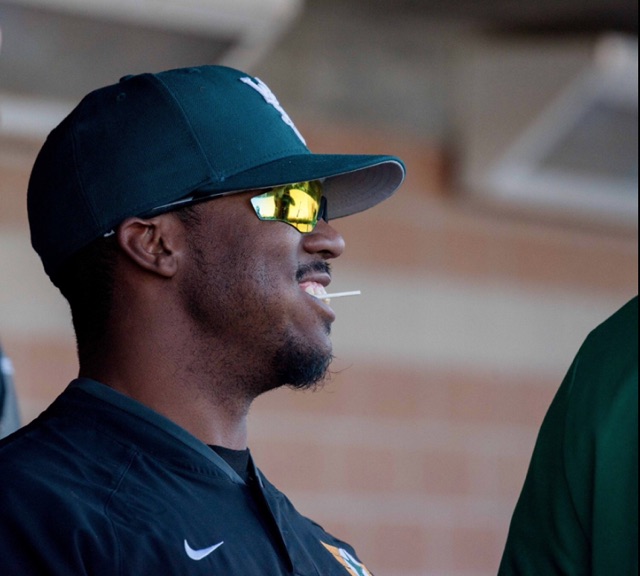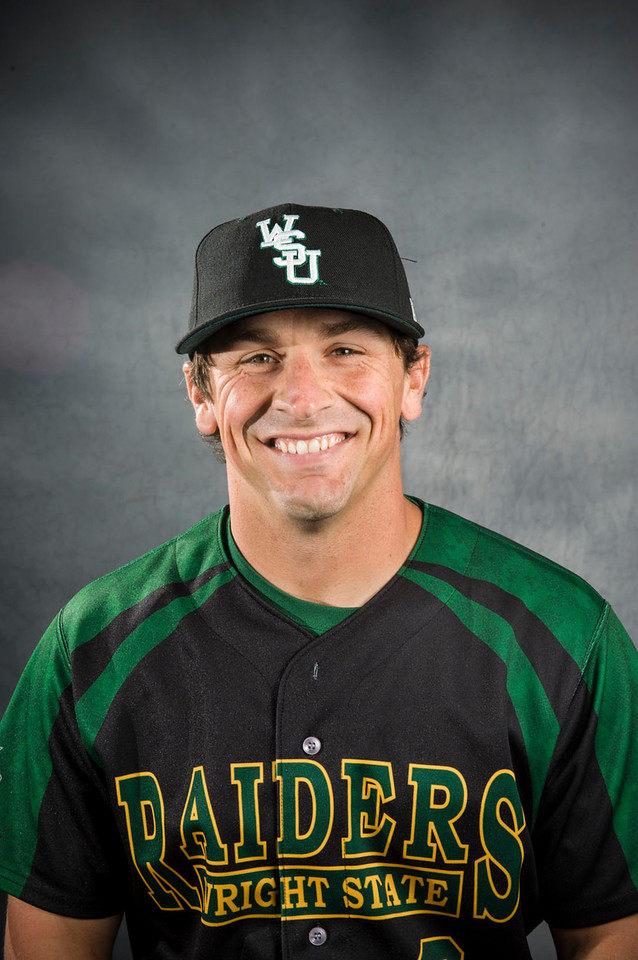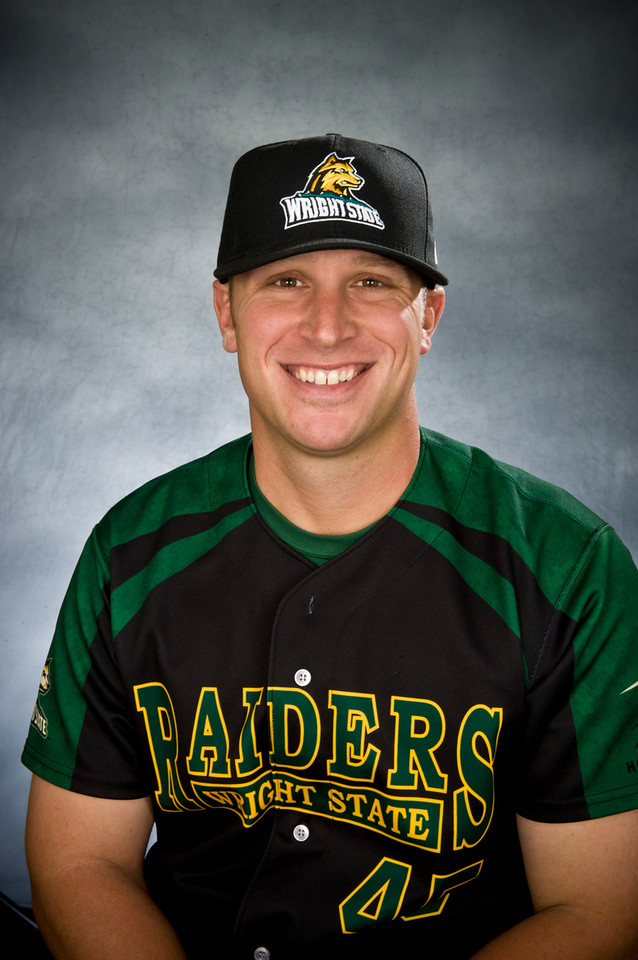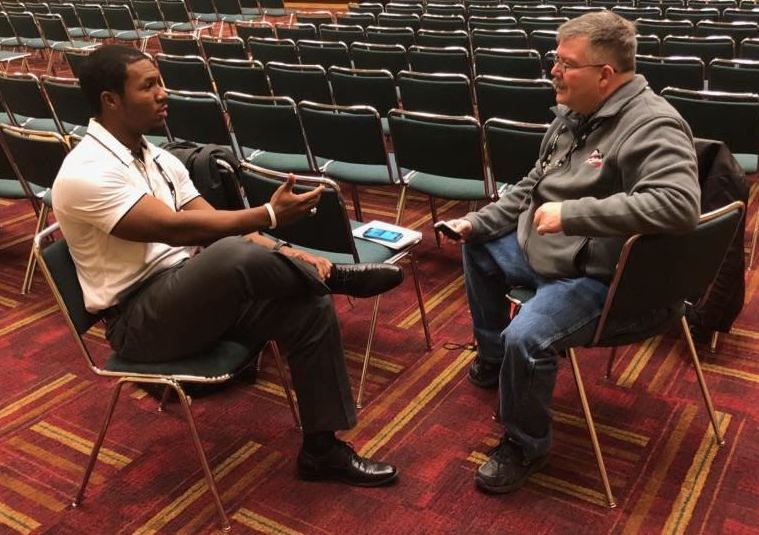
BY STEVE KRAH
http://www.IndianaRBI.com
Jake Shirk has performed well enough on the mound to earn Horizon League Pitcher of the Week honors three times.
Two of those came during the 2023 season and the other occasion was in 2022.
Shirk, a junior right-hander for Wright State University in Dayton, Ohio, has made 11 appearances this spring (all starts) and is 4-4 with a 4.52 earned run average, 59 strikeouts and 13 walks in 69 2/3 innings. His WHIP (walks and hits per inning) is 1.21 and opponents are hitting .254 against him.
Fort Wayne, Ind., native Shirk is scheduled to start in Game 2 of a three-game Horizon League home series Saturday, May 13 against Milwaukee.
In his previous start for the “Raider Gang” on May 6, he worked seven innings and gave up five hits with five strikeouts and no walks in a no-decision against Northern Kentucky.
The start before that, Shirk fanned 14 batters with no walks in an April 29 win at Oakland. He whiffed nine in an April 22 outing at Purdue Fort Wayne.
For his college career, Shirk hurled in 39 games (27 as a starter) and is 17-9 with a 4.66 ERA, 135 strikeouts and 39 walks in 172 innings.
He prefers the starting role.
“The best thing is to just get a good routine going,” says Shirk. “You have your start day and you can plan the rest of the week for your recovery and what days you want to get in heavy lifts.
“It’s just easier getting your body feeling better week-to-week getting ready for the next start.”
Shirk, who is 6-foot-3 and 210 pounds and turns 21 on June 5, throws a four-seam fastball, sinker, slider and change-up from a three-quarter overhand arm angle.
His sinker has arm-side run and drop and is clocked around 90 mph.
The four-seamer sits at 92 to 93 mph and has hit 94. He describes his slider as a “slurve” — a slider and curve mix — that tends to travel 82 to 84 mph.
Shirk considers his change-up — with its horizontal run, drop and spin — to be his best pitch. He admires the “Airbender” thrown by Milwaukee Brewers closer Devin Williams.
The best qualities of Shirk the athlete?
“I’m a pretty good teammate,” says Shirk. “I just like to have fun at the field and try to get better every day.”
“At the college level it’s good to get close with the freshmen and the newer guys in the program because if you get them more involved the program is going to be stronger as a whole.”
Going into the weekend, Wright State is 31-18 overall and 18-6 in the HL. The Raiders are No. 70 in the current NCAA Division I RPI (Rating Percentage Index) rankings.
“You just pick your teammates up,” says Shirk. “Not everybody’s going to have their best day. Help them bounce back for the next opportunity.”
Alex Sogard, 35, is in his fifth season as Wright State’s head coach.
“Sogard’s a great coach,” says Shirk. “He’s a big reason why I came to this program. He and (assistant coach/recruiting coordinator Nate) Metzger do a great job of keeping us close-knit.
“The atmosphere’s pretty good here.”
Shirk sees a straight shooter in Sogard.
“He’ll be honest with you and he’ll pick you up if you don’t have your best day,” says Shirk. “He’ll tell you like it is and that’s what I like about him.”
Metzger infuses his knowledge and keeps things loose by cracking jokes.
“He’s a great guy to have around,” says Shirk.
Volunteer assistant Derek Hendrixson and Director of Pitching Development Keegan Burney work together to help the mound staff.
“It’s mostly with the mental side of the game,” says Shirk. “They help me stay locked-in week to week.
“Trusting and believing in yourself in over half the battle.”
Diamyn Hall was the first full-time mental skills coach at the D-I level and served at Wright State 2017-19. He is now a Leadership Coach in the Athletic & Personal Development Department at IMG Academy Bradenton, Fla.
“I think they still incorporate some of the things he liked in the program today,” says Shirk.
While he has not yet received his contract, Shirk is supposed to pitch for the Cape Cod League’s Orleans Firebirds this summer. He took off the summer of 2022 to give his arm a break after logging 86 innings in the spring. Shirk was in the College Summer League at Grand Park in Westfield, Ind., in both 2020 and 2021.
“That was very beneficial for me,” says Shirk of facing college hitters in 2020 even before he went to Wright State.
Born in Fort Wayne, Shirk was at what is now Wallen Baseball and Softball and played travel ball for the Greg Shirk-coached Wallen Wolfpack, Fort Wayne Diamondbacks and P.J. Fauquher-coached Indiana Prospects.
A 2020 graduate of Carroll High School in Fort Wayne, where the Chargers were led by Dave Ginder.
“It’s been a pretty successful program,” says Shirk, who was on the junior varsity squad as a freshman, played varsity as a sophomore and junior and had his senior season canceled because of the COVID-19 pandemic.
Shirk is a Finance major at Wright State.
He is the son of Greg Shirk and Shaun Hart.
“My dad has been a big mentor to me,” says Jake. “He gives me a couple of phone calls a week getting me ready for each start. He’s been a big help to my success so far in career.
“My mom is very supportive. She helps me with school and makes sure I’m comfortable and happy.”
Older brother Jared Shirk (Carroll Class of 2018) played high school baseball. Sister Reagan Hart is an eighth grader.





